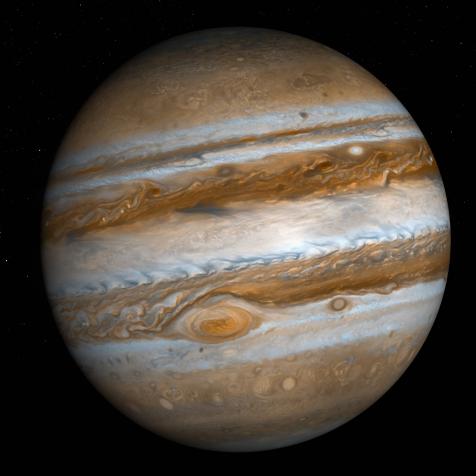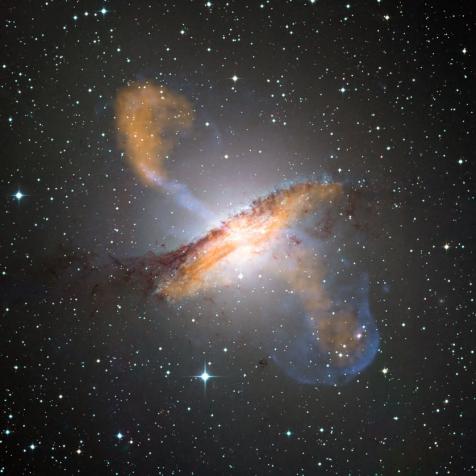
Bryan Allen
Astronomers Have a Plan for the Next…Decade

It’s that time of the year. Pumpkin spice and cinnamon lattes compete for our taste buds. Carols worm into our ears. Holiday greetings and pretty lights.
And astronomers decide the fate of their field.
Every single year, the world of astronomy grinds to a halt as undergraduate students apply for graduate school, grad students apply for research positions, and young researchers apply for faculty appointments. And everybody else reads those applications in a global game of academic musical chairs.
But this year, there’s something special added to the mix: the Decadal Survey.
Every ten years, the astronomy world grinds to an even bigger halt to accumulate the survey. It begins with white papers. Say you’ve got an interesting idea you’ve been kicking around with you and your buds. You write up your idea in a paper, outlining its general awesomeness, trying to sell it to the wider community. You submit it to a panel, which collects, collates, and ranks the various ideas.

Jon Hicks
An astronomer guides his telescope via a laptop while photographing the night sky.
The end result is a final report that attempts to capture the zeitgeist of the American astronomical community: what astronomers want to work on and why.
The survey itself is sponsored by the National Academy of Sciences, and the final report gets passed around to agencies like NASA and the National Science Foundation. From there, those agencies prioritize their funding. It’s not that cut-and-dry – those agencies can spend their money however they wish – but it does streamline the whole funding and grant-making process.
In short, if your request for money lines up with one of the priorities outlined in the latest decadal survey, you’re more like to get funding. So while the survey is meant to be descriptive, outlining the hopes and dreams of astronomers across the country, it’s also prescriptive, becoming the instrument that determines the fate of researchers for the next ten years.
What’s big this decade? Exoplanets, exoplanets, and more exoplanets. If you’re into searching for planets orbiting other stars, then the latest decadal survey is right up your alley. Exoplanets are hot right now, with lots of scientists wanting to spend lots of time on the subject. If you’re a budding student or junior scientist, then I hope you want to like exoplanets, because researchers in that field will have more funding, which means more cash to throw on underlings.

Sellwell
The Milky Way
Most notably, the latest decadal survey recommended to NASA that it build a super-giant space telescope specifically designed to hunt for exoplanets, something to succeed the soon-to-launch James Webb Space Telescope.
Other previously hot topics, like understanding the nature of dark matter and dark energy, have comparatively fallen out of favor. If that’s your active area of research or something that personally fascinates you, well then…tough cookies. The field has moved on without you, and you’re stuck wearing last year’s fashion.
Is this the best way to organize science? Probably not, but it’s the only way we’ve got. If you’re feeling extremely motivated, you can read the whole thing here.
Learn More about the Universe
Journey Through the Cosmos in an All-New Season of How the Universe Works
The new season premieres on Science Channel and streams on discovery+.




















